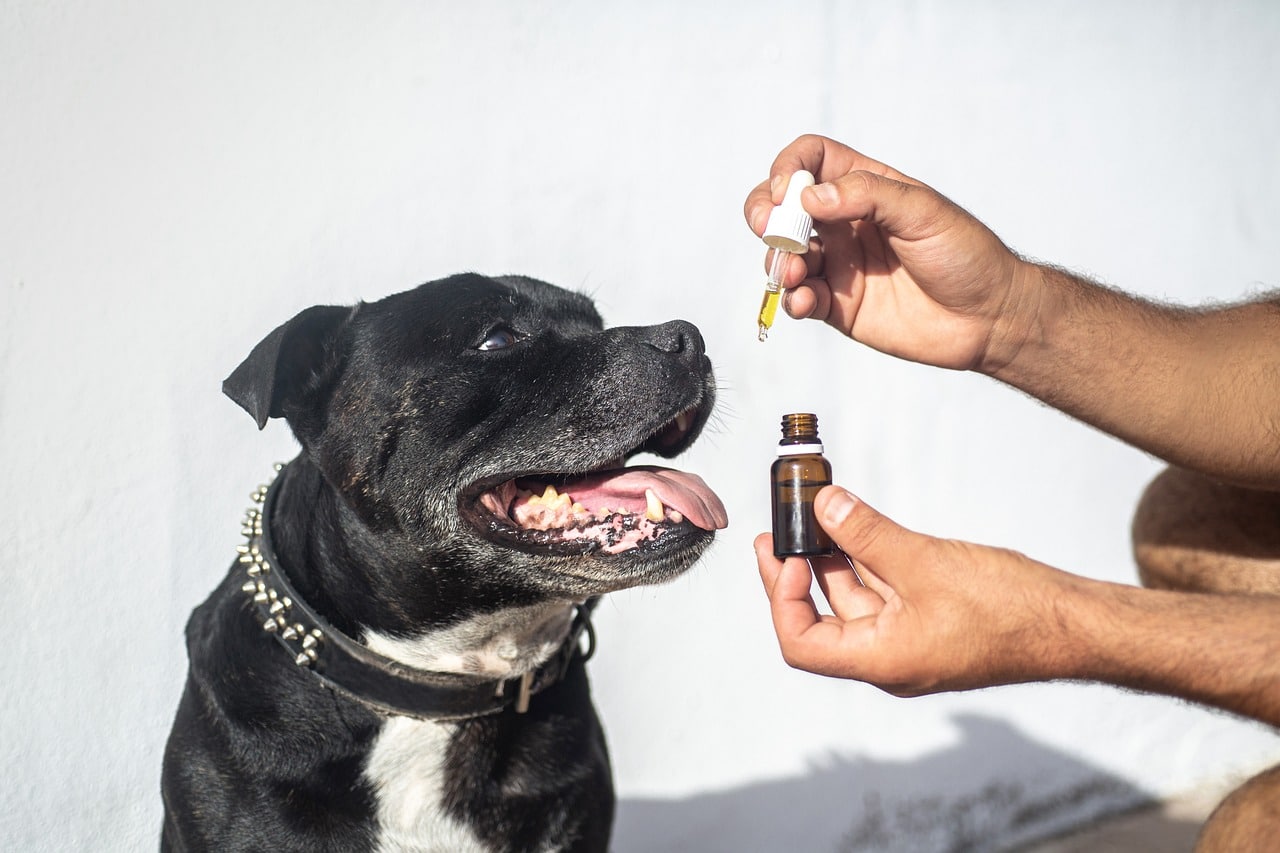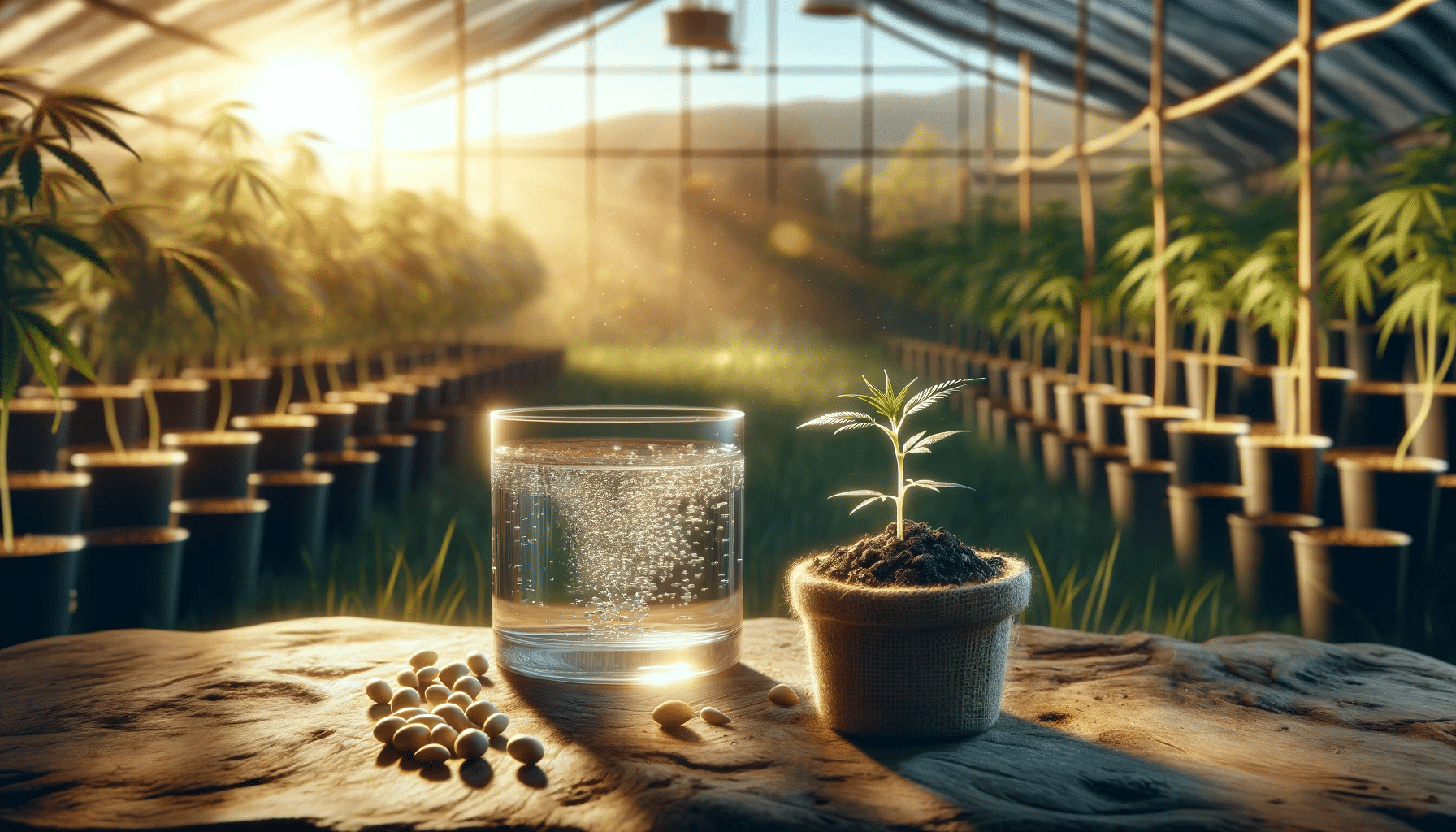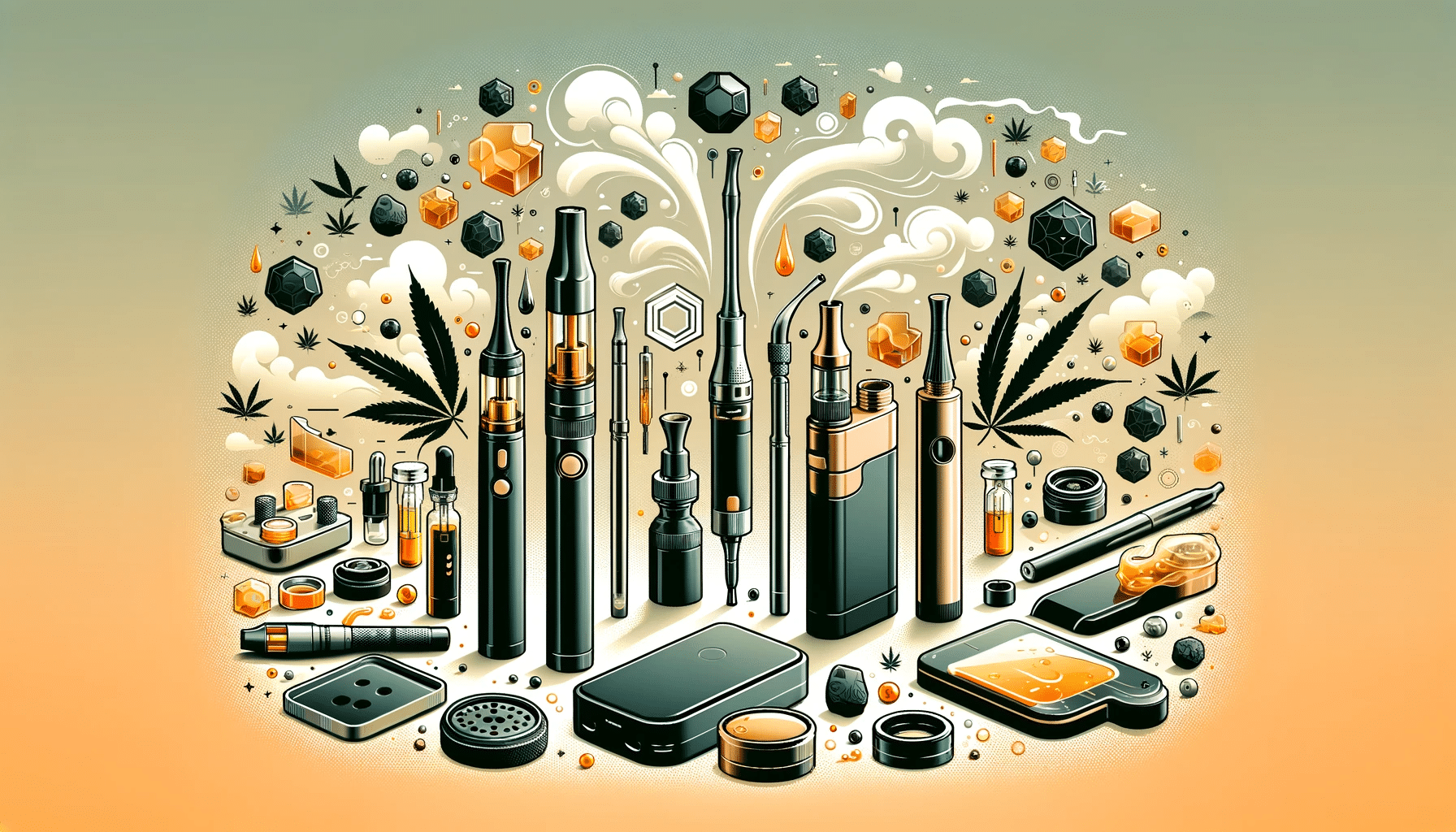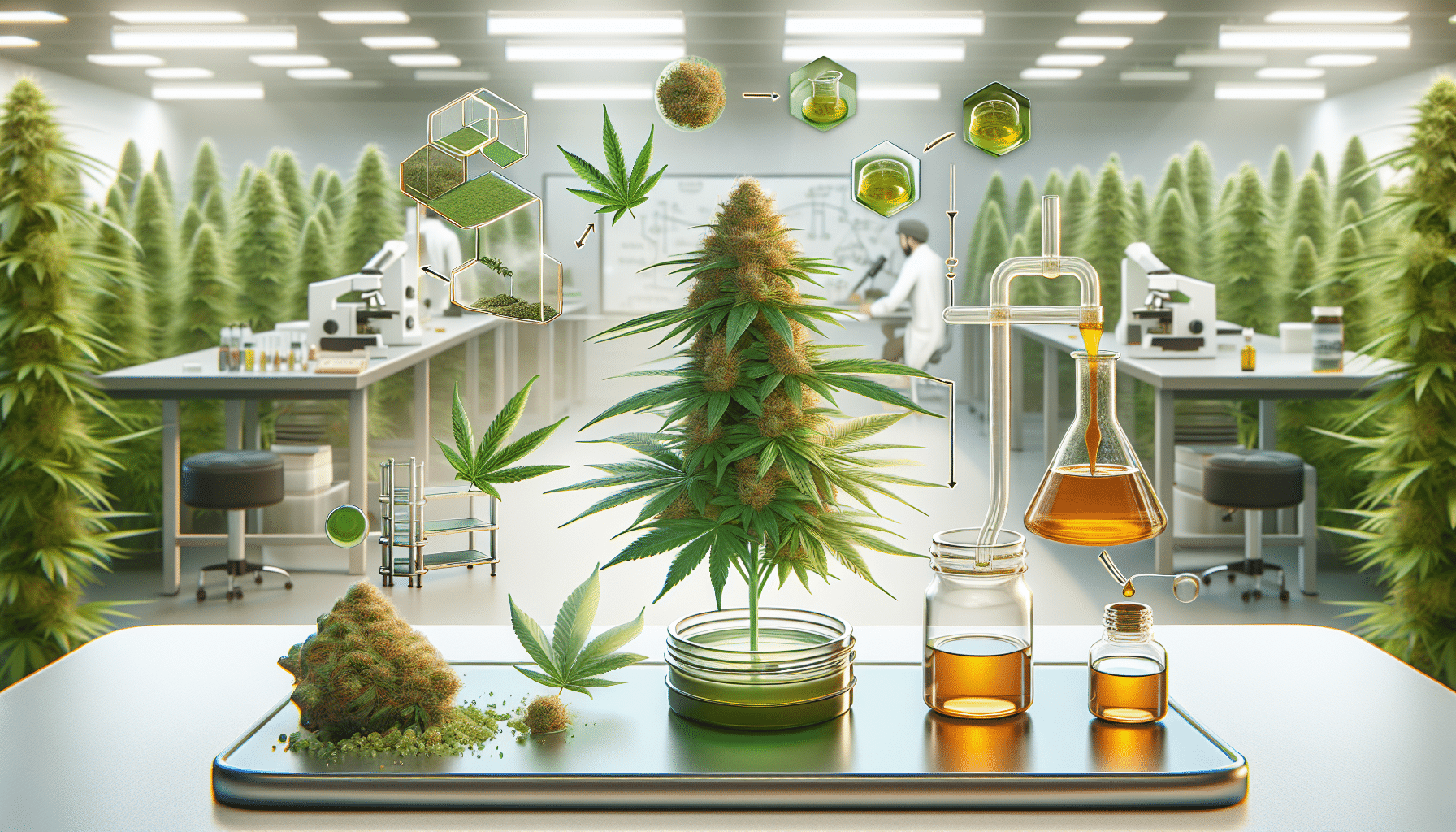Germination

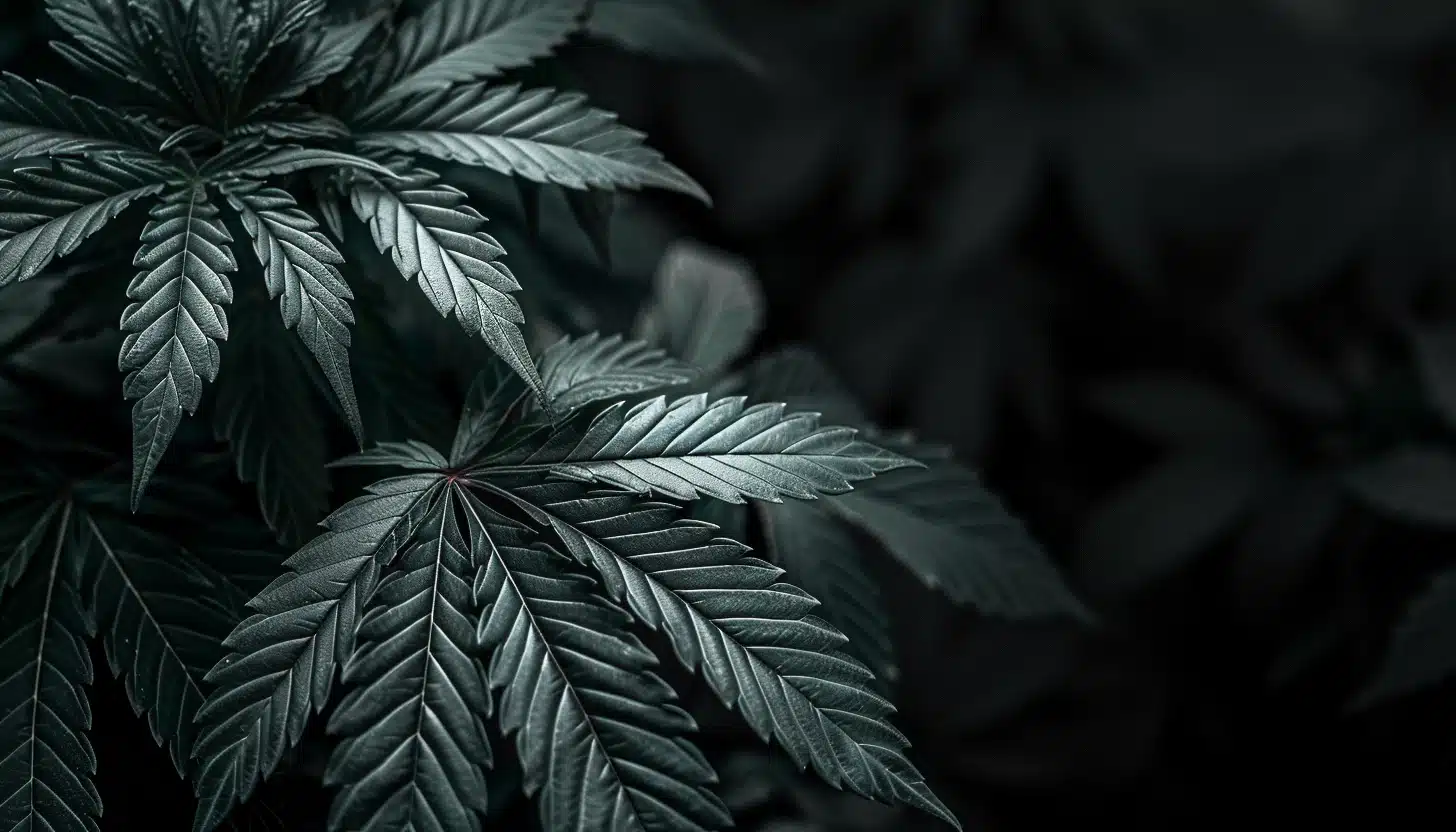
How long does germination take for cannabis seeds?


Germination time for cannabis seeds can vary depending on various factors such as the strain, environmental conditions, and germination method used. Generally, cannabis seeds take anywhere from 24 hours to 7 days to germinate. During germination, the seed absorbs water and the root emerges, initiating the growth process. It is important to provide the seeds with a warm and moist environment to encourage germination. Once germinated, the seedlings can be transplanted into a suitable growing medium to continue their growth. Remember to follow local laws and regulations when germinating cannabis seeds.
When to plant cannabis seed after germination?


After germination, cannabis seeds can be planted once they have developed a strong taproot, usually within 1-2 inches in length. It is important to wait until the taproot is well-established to ensure successful growth. Planting too early may result in poor root development and stunted growth. Additionally, consider the environmental conditions such as temperature and humidity that are optimal for cannabis growth. Providing a suitable growing medium, adequate lighting, and proper watering will also contribute to the healthy development of cannabis plants. Regular monitoring and adjustments to these factors will help achieve optimal results in the growth of cannabis plants.
What conditions can slow or stop the germination process?


Slow or stopped germination in cannabis seeds can be caused by various conditions. Some factors that can affect the germination process include improper temperature, incorrect moisture levels, poor seed quality, and insufficient oxygen. High temperatures can inhibit germination, while extremely low temperatures can cause dormancy or damage the seeds. Overwatering or underwatering can also hinder germination. Additionally, using old or damaged seeds may result in low germination rates. Providing a suitable environment with the right temperature, moisture, and oxygen levels is crucial for successful germination. It's important to ensure optimal conditions to maximize germination success in cannabis seeds.
What 3 things are necessary for germination to begin?


Air, water, and favorable temperature are the three essential factors required for germination to begin. Germination is the process by which a seed sprouts and develops into a new plant. Adequate air supply ensures the availability of oxygen, which is vital for the metabolic processes involved in germination. Water provides the hydration necessary for the seed to activate enzymes and start metabolic activities. Additionally, a suitable temperature range stimulates enzymatic reactions and influences the speed and success of germination. These three factors work together to create the optimal conditions for seeds to break dormancy, initiate growth, and establish a new plant.
When to give up on seeds germination?


When it comes to germinating cannabis seeds, there are a few key factors to consider before giving up. First, it's important to provide the ideal conditions for germination, including a moist and warm environment. If the seeds haven't sprouted within 7-10 days, it may be a sign that they are not viable. Additionally, if the seeds are discolored, damaged, or have a weak structure, it's unlikely they will germinate successfully. It's also worth noting that some strains have naturally lower germination rates. If you've followed proper germination techniques and given the seeds ample time, it may be best to consider alternative options or try new seeds for a successful germination process.
After germination of marijuana seeds what are the procedures?


After the germination of marijuana seeds, it is important to follow specific procedures to ensure healthy growth. Firstly, transfer the germinated seeds into a suitable growing medium, such as a pot with nutrient-rich soil or a hydroponic system. Provide adequate light, temperature, and humidity levels for optimal growth. Regularly water the plants, being careful not to overwater or underwater. Monitor nutrient levels and provide appropriate fertilizers to support plant development. Prune and train the plants as they grow to promote better airflow and maximize yields. Finally, maintain a consistent light cycle to stimulate flowering. Remember to research strain-specific requirements and adjust your approach accordingly for the best results.

